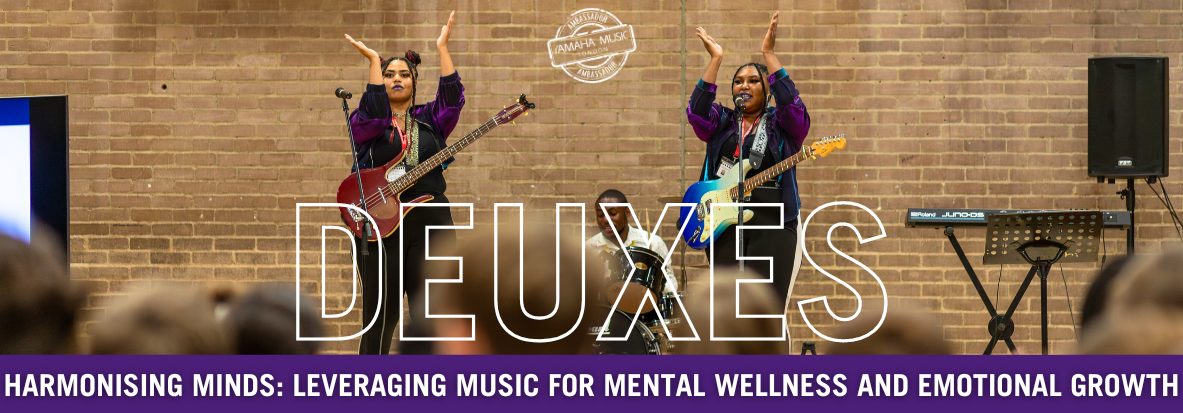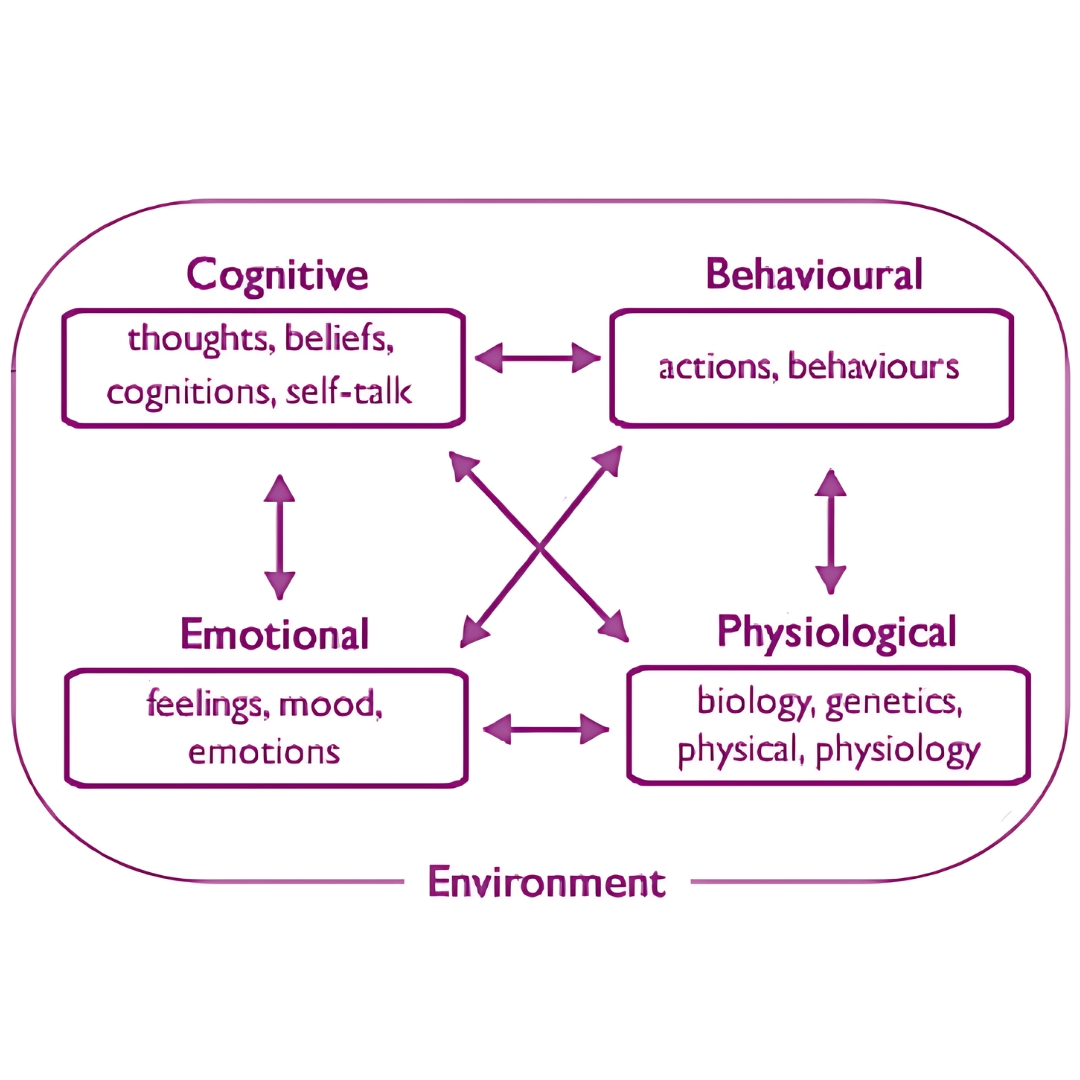

Every year one in four of us will experience a mental health problem of some kind. Mental Health Awareness week 13-19 May seeks to raise awareness, understanding and support. Martine Brighton, multi-instrumentalist with indie-soul sister duo Deuxes, and one of our current music ambassadors also works as Youth Services music and community events project lead for Mind, one of the UK's leading mental health charities. Martine goes beyond the science and explains the transformative power learning to play a music instrument can have. Find out how making music can give a window into the soundscape of your mind and why making music should be important to you.
Music has a profound connection with our state of mind. The type of music we choose often reflects our thoughts and emotions.
This goes beyond genre though, it’s the sum of all the elements; the sound of each instrument leading to the full composition, the content of the lyrics, the resultant vibe and mood, all of these things have an effect on us, whether conscious or subconscious. We all know how influential music is, the fact that it’s used by advertisers, movie makers and even department stores to set a scene and evoke specific feelings and emotions. What would happen if we chose to utilise its effect but for the betterment of our mental health like millions have been doing, knowingly or not.
Let’s get down to the science of it and talk about the key principles of cognitive behavioural therapy (used globally for a wide range of mental health issues and increasingly to develop the mental health and resilience of individuals) which is to say that your thoughts, emotions, behaviour, physiology and environment are all deeply connected and interact with each other.

Changing just one of these things can have an effect on the others. Therefore changing your audiological landscape can affect your thoughts, emotions and behaviour. In addition music itself has an incredible effect on our bodies; when we tune into or play a beat our heart rate synchronises to it and our stress responses can be shifted. This effect is felt even more so when we play music in a group setting; studies have shown that playing music in a group fosters a profound sense of belonging and camaraderie, bolstering social cohesion and emotional resilience.
But how can we utilise the power of music for ourselves?
Killing rumination
When difficult things happen in life as humans, we have a knack of selecting the perfect playlist to reflect our emotions. And while for the short term this can be a good coping mechanism; helping us fully feel and articulate how we are feeling; for the long term this can be quite damaging, trapping us in a singular state of mind seeing things through only one lens. Seeking out more empowering music as our journey of healing progresses can be an amazing support tool, helping to change your perspective. You can take this even further by writing your own songs which leads me into my next point.
Songwriting
Concurrently, the art of songwriting emerges as a potent tool for emotional expression and connection, akin to a form of cathartic journaling set to melody. Using songwriting as a medium to share your most honest deep and sometimes unconscious thoughts (especially through free-writing) it’s an amazing medium to create internal relief by externalising thoughts and in addition allowing us to connect with others that may be feeling the same way, honesty leads to relatable content.
Learning an instrument
The act of learning to play an instrument in itself can transform your state of mind but in addition, once you start making music, the tones, speed and style of your compositions can be quite telling of how you may be feeling inside. This is especially useful for people who may not be so emotionally articulate, it gives everyone a window into the soundscape of your mind. This can also be taken further - allowing you the skills and abilities to join others and play as part of a band or collective.
Numerous studies and anecdotal evidence, including experiences from my work with young people, attest to music's positive impact on emotional regulation and mental well-being. By leveraging music and songwriting as emotional regulation tools, we can promote resilience and foster a healthier mindset.
May this reflection serve as a catalyst for deeper contemplation on the profound influence of music and its potential as a tool for personal growth and well-being, steering us towards harnessing its power for positive transformation rather than succumbing to its pitfalls.